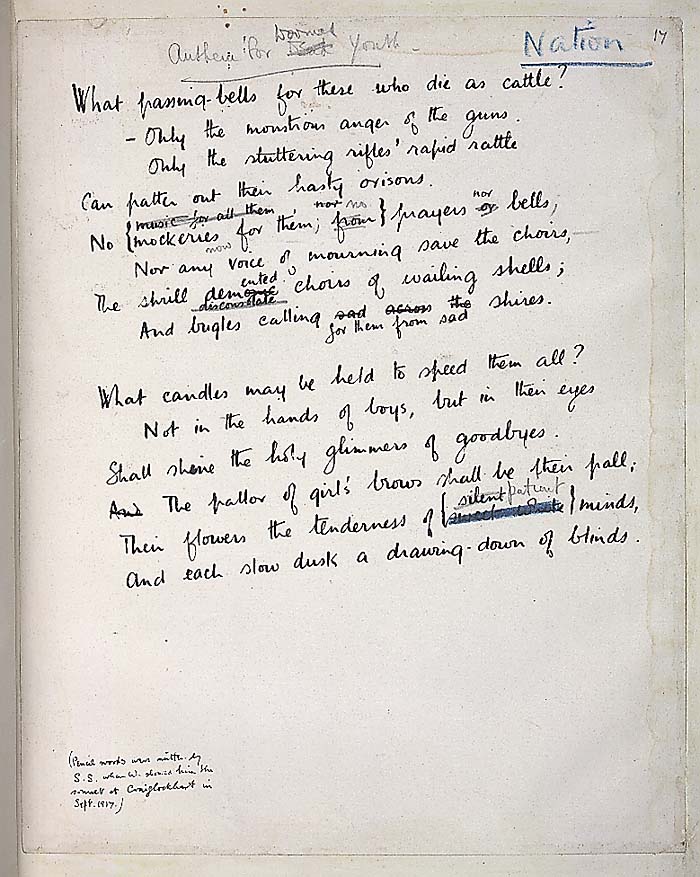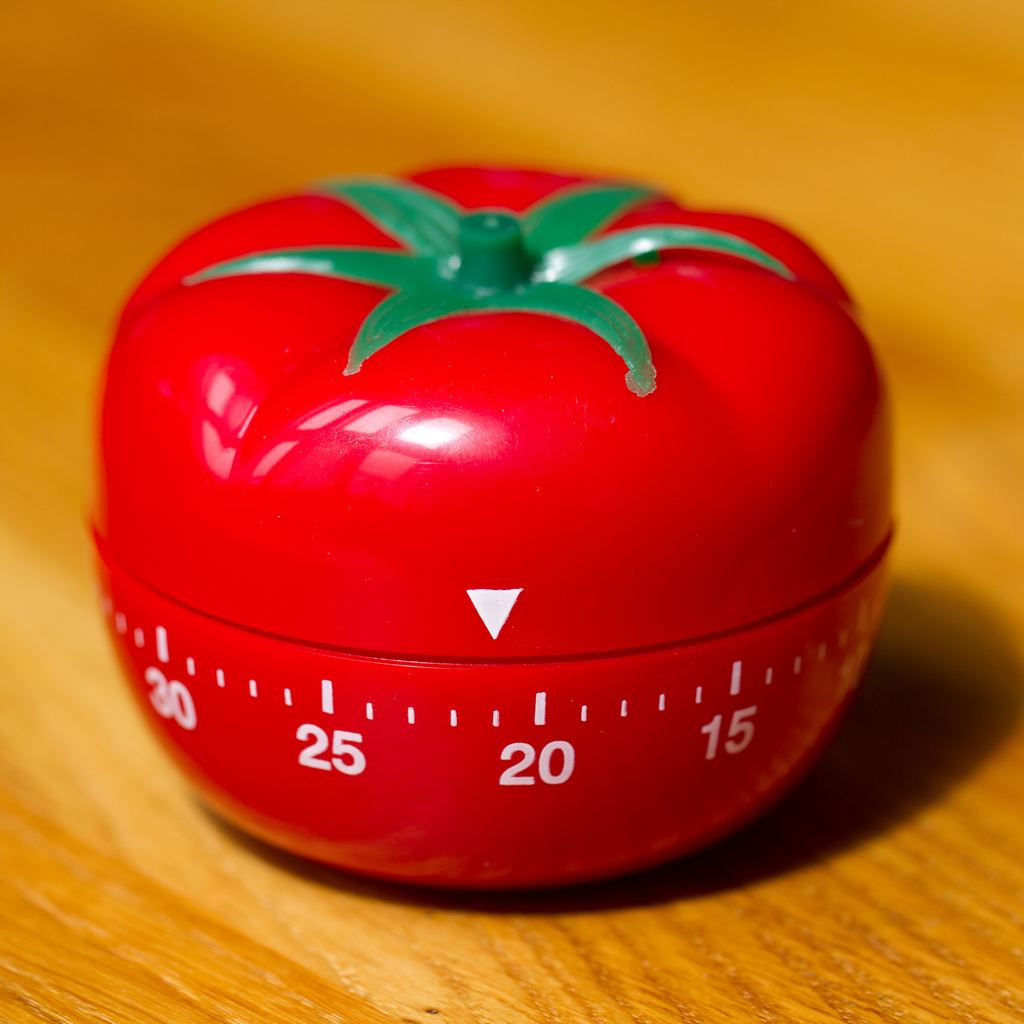UDel Course Evaluations
Closing Thoughts
Please use Guerilla Mail to (anonymously) write me some thoughts about this course along the following lines:
Snapshot
Please describe a moment in this course that stands out for you—and that maybe even “stands for” this course for you, that’s the moment you’d tell other people about next year, or five or ten years from now. This could be a moment in class, or in group work, or conferences, or talking with a friend or classmate, or working on a piece of writing for this course. Offer me a snapshot of what most stands out for you.
Narrative
Now offer me the longer view. Who were you as a writer (or reader, or student) at the start of this semester? Who are you now? Hopefully, there’s some difference between August and December. If so, how did you get from there to here?
Keywords
As you think back on this semester, what are the terms and ideas that stick in your memory? List however many seem relevant, and tell me why.
Thanks so much! I’ve enjoyed working with you, and would be very happy to do so again!









